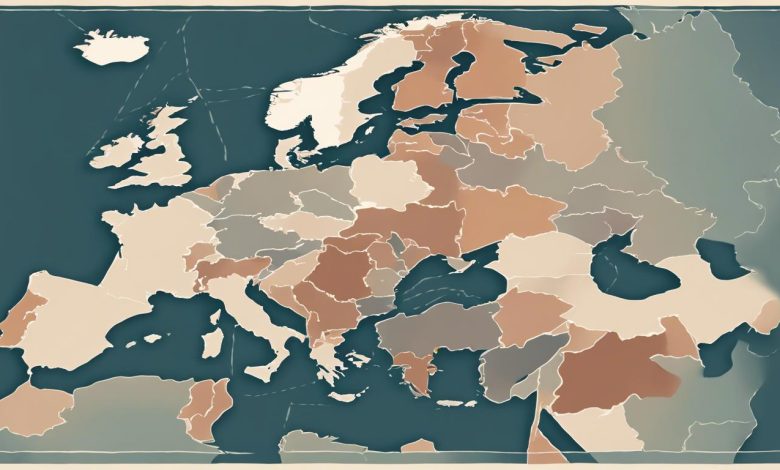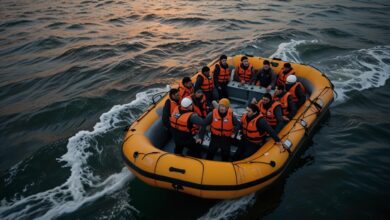EU moves towards stricter migration controls and third-country processing

The European Union is advancing on plans to implement more stringent migration controls, including processing asylum applications in third countries, drawing parallels to the UK’s Rwanda scheme and inciting debates over ethics and human rights.
In a series of recent developments, the European Union (EU) is moving towards stricter migration controls, including agreements with third countries for asylum processing and efforts to curb irregular migration. European Commission President Ursula von der Leyen, supported by the European People’s Party (EPP), has proposed a plan similar to the UK’s Rwanda scheme. This involves sending migrants to “safe” third countries for asylum application processing and enforcing a quota system for those granted protection within EU nations. The proposal aims to counter the rise of far-right parties in Europe, especially with the European elections on the horizon.
Additionally, the EU has signed a €210 million agreement with Mauritania to manage migration, including €60 million specifically for patrolling Mauritanian waters to prevent migrant boats from reaching the Canary Islands. This follows a controversial deal with Tunisia, raising concerns over potential human rights violations and the support of autocratic regimes. Similar negotiations are underway with Egypt as the EU seeks to address migration challenges through partnerships with African nations.
The EPP’s endorsement of stricter migration policies and border controls, including a significant increase in staff for the border agency Frontex, reflects a broader conservative stance on migration. However, internal disagreements within the EPP, such as Austria’s ÖVP abstaining and Germany’s CDU’s concerns over environmental policies, highlight the complexity of achieving unified support for these initiatives.
Von der Leyen emphasized that any actions would comply with EU and international law, though no specific non-EU country has been identified for the migrants’ relocation. This approach comes after the EU announced a comprehensive reform of its migration and asylum system, aiming to address the challenge of over 1.1 million asylum applications received last year.
These series of actions and proposals underline the EU’s efforts to manage migration more strictly, amidst political pressures and ethical considerations. The implications of these plans will continue to unfold as the EU moves forward with its migration governance strategy.








